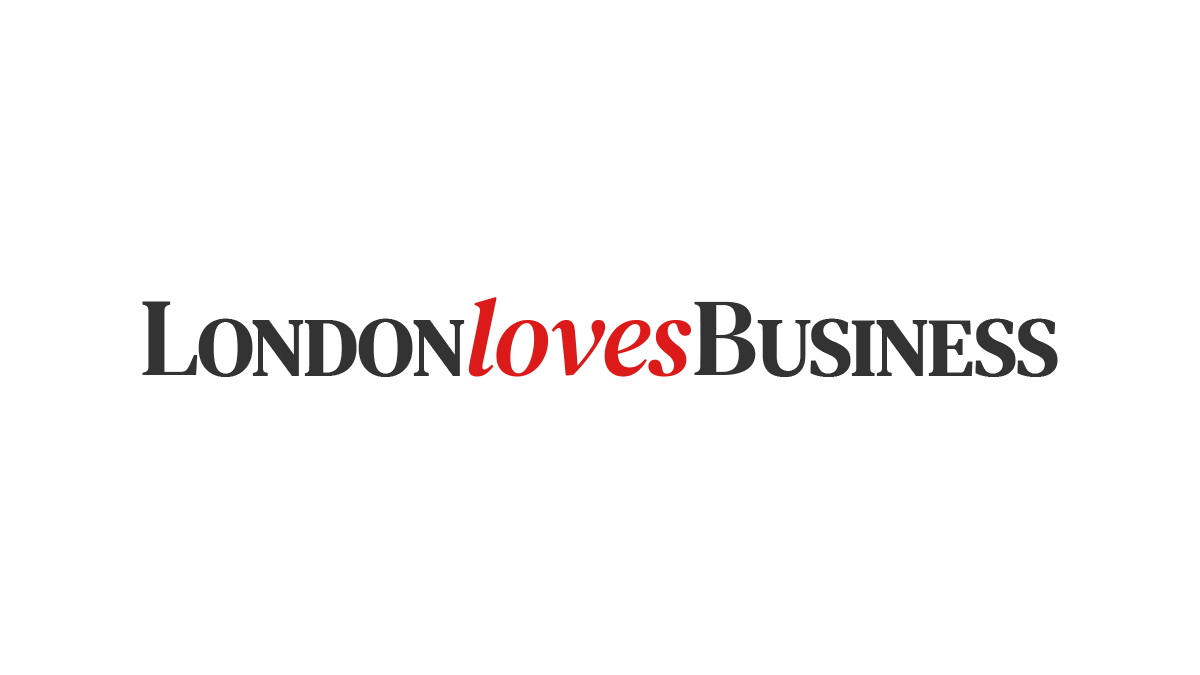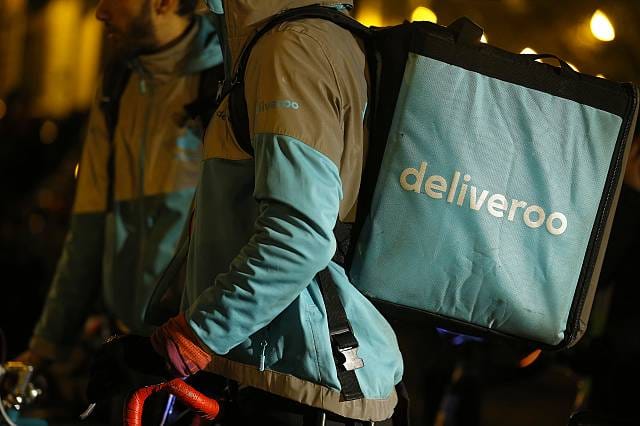Employers Beware: The Perils of DIY Social Media Screening
When the pandemic hit, we all turned to the internet for companionship—social media became our new coffee shop. Employers, seeing this surge, started using the same platforms to vet job candidates. But if you’re trying to do the whole thing solo, you might end up with more trouble than a bad breakup.
Why the Shift Happens
Through 2020, Sterling saw a 120% jump in demand for social media checks because hiring teams wanted an extra layer of insight beyond the résumé. Partners like Fama Technologies Inc. helped highlight that many companies are now skipping professional help and opting for a “home‑grown” approach.
The Real Risks
Tim Stokes, Head of Sales for EMEA at Sterling, warns that while social media makes sense for spotting red flags—like hate speech, violent hints, or blatant discrimination—doing it without the right framework can lead to unconscious bias. Picture this: you police someone’s online life and end up judging them for something irrelevant to the job, or worse, base a hiring decision on a protected characteristic.
What “Wrong” Looks Like
- Scanning a profile without a clear guide on what to look for.
- Drawing conclusions from posts that don’t relate to the role.
- Using personal impressions instead of data‑driven insights.
- Risking legal challenges if the decision can be traced back to bias.
Where Professionals Excel
Expert screenings strip away the subjective lens. They flag only job‑relevant content—no more “um, I’m just a big fan of cat memes” in the assessment. With the right AI and tech support, you get the accurate picture you need, protecting both the brand and the candidate.
Bottom Line
Social media screening isn’t new, but confidence is growing. Yet confidence shouldn’t lead to complacency. If you’re leaning on a single viewpoint to decide, you’re playing a dangerous game. Proper tools and professionals can keep the process compliant, balanced, and free from bias. Think of it as hiring with a safety net, not a blindfold.




